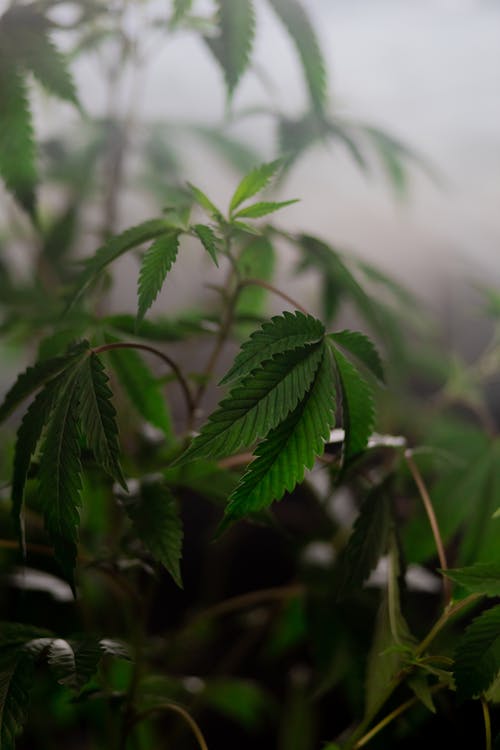You are here
Home 🌿 Regional 🌿 North America 🌿 Canada 🌿 Ontario 🌿 Illicit cannabis seized by OPP laced with pesticides, less THC than advertised 🌿Illicit cannabis seized by OPP laced with pesticides, less THC than advertised

Buyers of illicit cannabis are getting both less than they paid for and more than they bargained for, according to the Ontario Provincial Police.
Tests conducted by the National Research Council in 2020 on illicit cannabis products seized across the province turned up “dangerous” chemicals and lower-than-advertised levels of tetrahydrocannabinol (THC), provincial police said in a release Thursday.
Tested samples of illicit cannabis vapes found delta-9-tetrahydrocannabinol ranging from less than one per cent to almost 80 per cent.
Most of the samples didn’t have a THC level claimed on the label but half a dozen purporting to have more than 90 per cent THC actually contained 45 to 60 per cent.
The NRC also tested the samples for pesticides which are specified in Health Canada’s mandatory testing of cannabis for pesticide active ingredients.
“High levels” of pesticides were detected in all the samples, the OPP said, with myclobutanil the most common, ranging from 0.3 parts-per-million (ppm) to over 500 ppm, which is several thousand times higher than Health Canada’s detection limits.
When heated, myclobutanil can generate hydrogen cyanide when heated, the OPP said. The toxic compound is linked to cardiovascular, respiratory and neurological effects.
Myclobutanil was also found in several dried cannabis samples seized by the OPP, again at concentrations greater than the Health Canada limit.
Other pesticides were also detected such as metalaxyl, chlorpyrfos, and pyridaben — in some cases at levels 100 times higher than listed limits, police said.
The pesticides used in illicit cannabis production also pose an environmental risk, the OPP said, noting that police team up with the Ministry of the Environment, Conservation and Parks on tackling illicit cannabis production operations.
During one takedown a year ago, ministry officials and police found large open holding tanks filled with liquid fertilizer connected to a storm water pond discharging into a municipal drain. Several hazardous pesticides that require special management were also identified at the site.
The OPP-led provincial joint forces cannabis enforcement team aims to take down illegal storefronts, cannabis grow operations and online illicit cannabis sites.
“We will continue work with our various partners to expose the health and public safety risks related to the illegal market,” said Rachel Huggins, deputy director of the OPP and the executive lead on cannabis legislation.
“The test results are clear evidence that consumers don’t know what they’re getting when they purchase illegal cannabis products and how important it is to know the facts.”
420 Intel is Your Source for Marijuana News
420 Intel Canada is your leading news source for the Canadian cannabis industry. Get the latest updates on Canadian cannabis stocks and developments on how Canada continues to be a major player in the worldwide recreational and medical cannabis industry.
420 Intel Canada is the Canadian Industry news outlet that will keep you updated on how these Canadian developments in recreational and medical marijuana will impact the country and the world. Our commitment is to bring you the most important cannabis news stories from across Canada every day of the week.
Marijuana industry news is a constant endeavor with new developments each day. For marijuana news across the True North, 420 Intel Canada promises to bring you quality, Canadian, cannabis industry news.
You can get 420 Intel news delivered directly to your inbox by signing up for our daily marijuana news, ensuring you’re always kept up to date on the ever-changing cannabis industry. To stay even better informed about marijuana legalization news follow us on Twitter, Facebook and LinkedIn.




